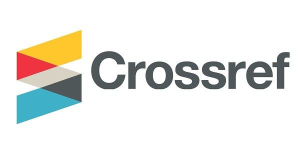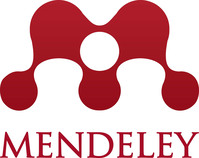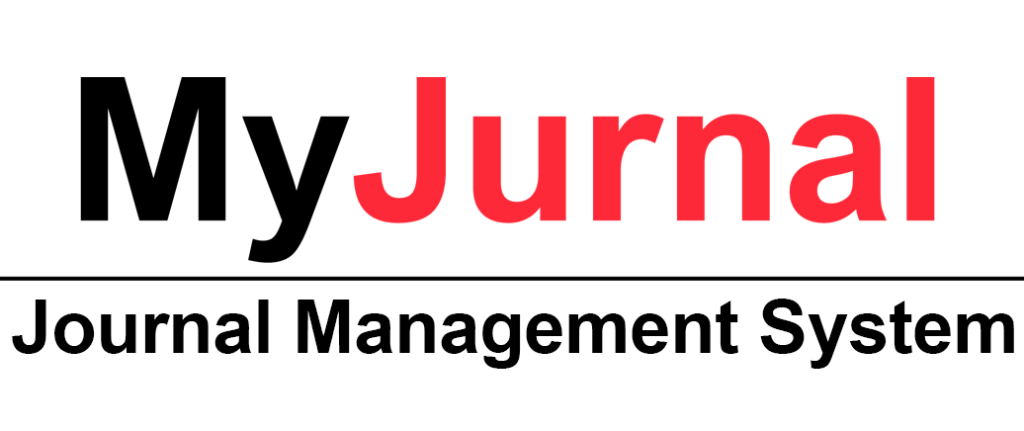School Leaders’ Leadership Practices and Their Influence on Crisis-Related Problem-Solving and Decision-Making: A Multi-Site Case Study
DOI:
https://doi.org/10.31436/ijes.v12i1.515Keywords:
School leaders, leadership practices, problem-solving, decision-making, crisis managementAbstract
This study explores how the leadership practices of school leaders influence their ability to solve problems and make decisions effectively in times of crisis. It employs a qualitative research design where a series of semi-structured interviews were carried out with six secondary school leaders, ages 55 to 59, from three different education district offices (Pejabat Pendidikan Daerah or PPDs) in a northern Malaysian state. Each participant has at least 30 years of experience in education and has served in the position of school leader for at least three years. From the thematic analysis of the interview data, four leadership practices on problem-solving and decision-making during crises were identified, i.e., providing guidance and direction; inspiring and empowering; collaborative problem-solving and decision-making; and adopting a service-oriented approach, which is an eclectic approach to leadership. The findings highlight the critical importance of strategic problem-solving and decision-making in overcoming challenges faced by schools. It also highlights how effective leadership ensures the resilience and success of a school, its community, and relevant stakeholders by fostering a supportive and collaborative environment, promoting proactive problem-solving, and prioritising service to students and staff during crisis. This research provides valuable insights for school leaders and policymakers seeking to enhance leadership effectiveness in crisis management.
Metrics
Downloads
Published
How to Cite
Issue
Section
License
Copyright (c) 2024 IIUM Press, International Islamic University Malaysia

This work is licensed under a Creative Commons Attribution 4.0 International License.
The Journal will own copyright to all published works and have the right of first publication, both in print and online, unless other arrangements are made with the Editors in advance. It is the author`s responsibility to ensure that where copyright materials are included within an article the permission of the copyright holder has been obtained beforehand.























